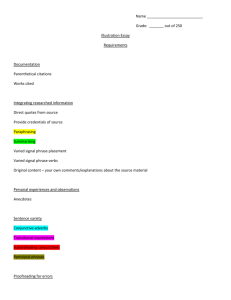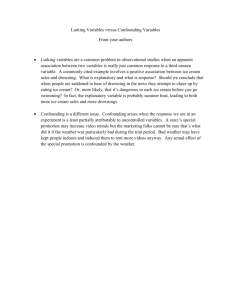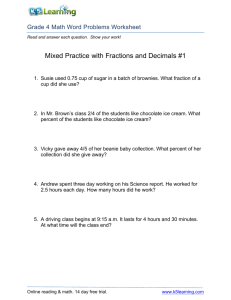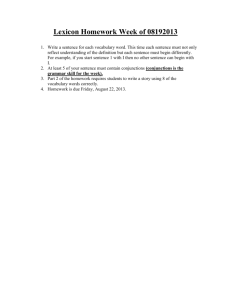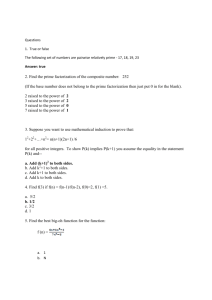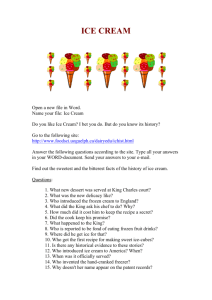Subordinating Conjunctions Conjunctive Adverbs
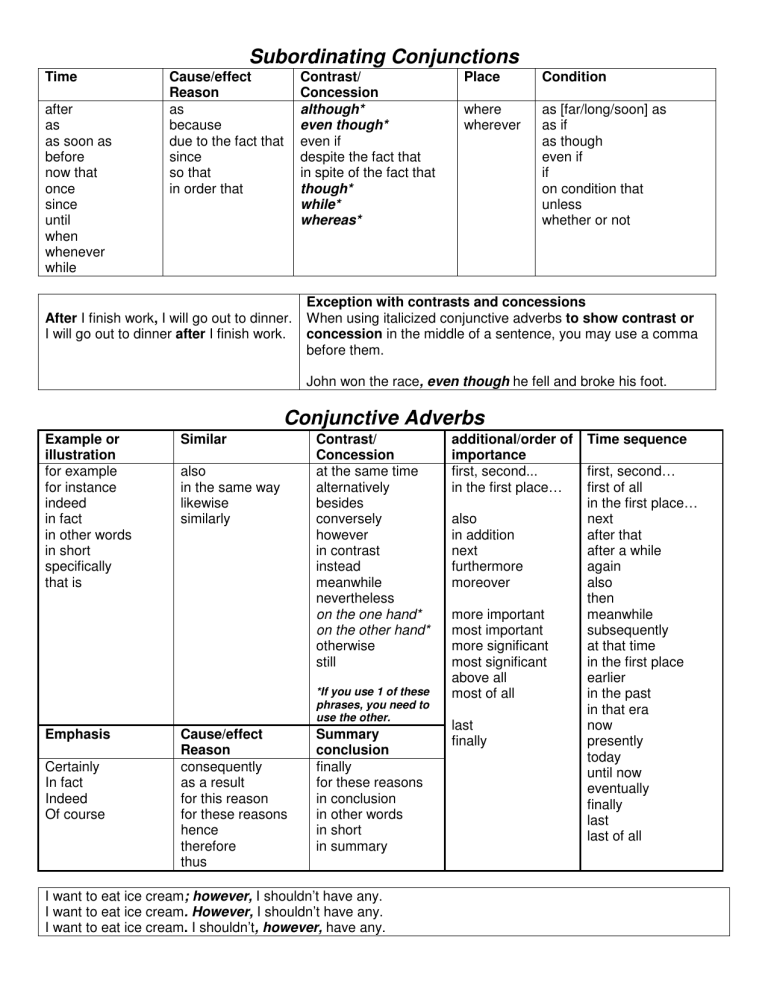
Time after as as soon as before now that once since until when whenever while
Cause/effect
Reason as because due to the fact that since so that in order that
After I finish work , I will go out to dinner.
I will go out to dinner after I finish work.
Subordinating Conjunctions
Contrast/
Concession although* even though* even if despite the fact that in spite of the fact that though* while* whereas*
Place where wherever
Condition as [far/long/soon] as as if as though even if if on condition that unless whether or not
Exception with contrasts and concessions
When using italicized conjunctive adverbs to show contrast or concession in the middle of a sentence, you may use a comma before them.
John won the race , even though he fell and broke his foot.
Example or illustration for example for instance indeed in fact in other words in short specifically that is
Emphasis
Certainly
In fact
Indeed
Of course
Similar also in the same way likewise similarly
Cause/effect
Reason consequently as a result for this reason for these reasons hence therefore thus
Conjunctive Adverbs
Contrast/
Concession at the same time alternatively besides conversely however in contrast instead meanwhile nevertheless on the one hand* on the other hand* otherwise still
*If you use 1 of these phrases, you need to use the other.
Summary conclusion finally for these reasons in conclusion in other words in short in summary additional/order of importance first, second... in the first place… also in addition next furthermore moreover more important most important more significant most significant above all most of all last finally
Time sequence first, second… first of all in the first place… next after that after a while again also then meanwhile subsequently at that time in the first place earlier in the past in that era now presently today until now eventually finally last last of all
I want to eat ice cream ; however, I shouldn’t have any.
I want to eat ice cream . However, I shouldn’t have any.
I want to eat ice cream .
I shouldn’t , however, have any.
Coordinating Conjunctions (fanboys)
f or a nd n or b ut o r y et
Use a comma before the coordinating conjunctions when connecting two independent clauses .
I want to go out to dinner tonight , but I can’t.
Conjunctive Adverbs
s o above all after a while after that again also alternatively as a result at that time at the same time besides
Certainly consequently conversely earlier eventually finally first of all first, second… for example for instance for these reasons for this reason furthermore hence however in addition in conclusion in contrast in fact in other words in short in summary in that era in the first place in the past in the same way indeed instead last last of all likewise meanwhile
Watch how these words use semi-colons, commas, and periods, more important more significant moreover most important most of all most significant nevertheless next now
Of course on the one hand* on the other hand* otherwise presently similarly specifically still subsequently that is then therefore thus today until now
*If you use 1 of these phrases, you need to use the other.
depending on where they are in a sentence.
I want to eat ice cream ; however, I shouldn’t have any.
I want to eat ice cream . However, I shouldn’t have any.
I want to eat ice cream .
I shouldn’t , however, have any.
Subordinating Conjunctions
after although* as as [far/long/soon] as as if as soon as as though because before despite the fact that due to the fact that even if even though* if
General Rule:
Use a comma to separate the dependent clause from the independent clause only if the subordinating conjunction begins the sentence.
After I finish work , I will go out to dinner. in order that in spite of the fact that now that on condition that once since so that though* unless until when whenever where whereas*
I will go out to dinner after I finish work.
Adapted from http://www.roanestate.edu/owl&writingcenter/OWL/Connect.html
, http://www.class.uidaho.edu/adv_tech_wrt/resources/sentence_style/transitions_words.htm
, http://www.virtualsalt.com/conjunct.htm
, and Eye on Editing 2 wherever whether or not while*
*Exception with contrasts and concessions
When using italicized conjunctive adverbs to show contrast or concession in the middle of a sentence, you may use a comma before them.
John won the race , even though he fell and broke his foot.
